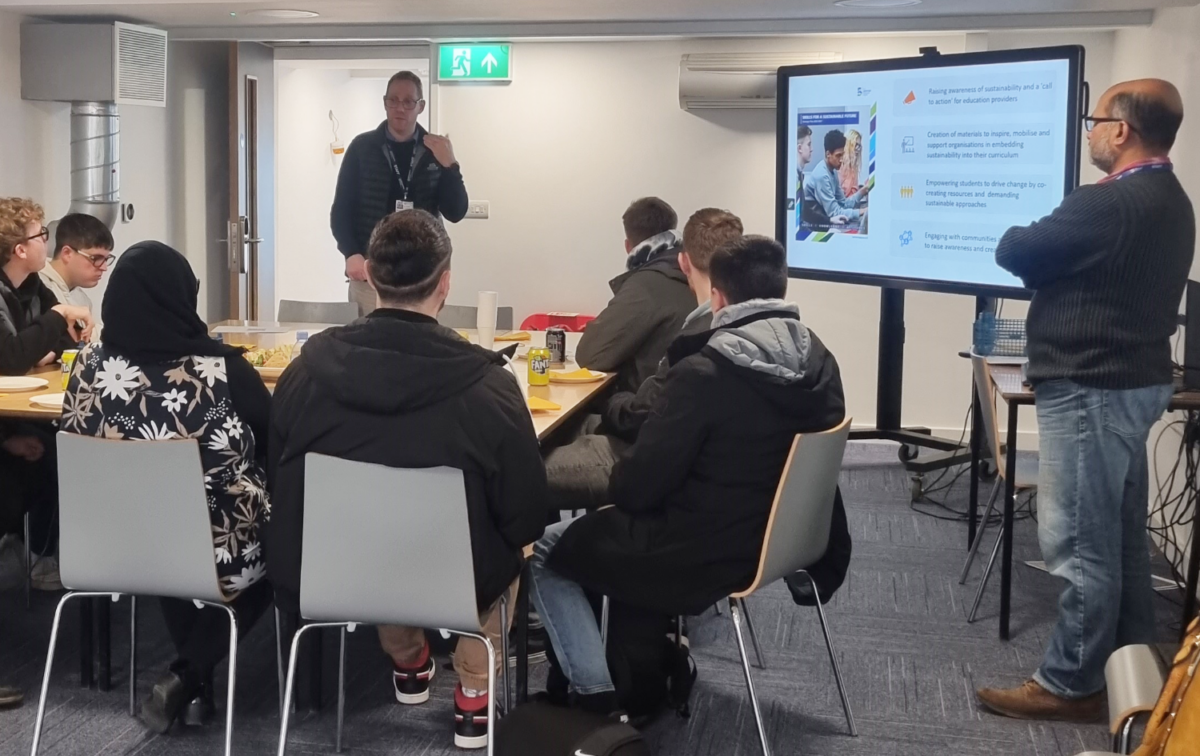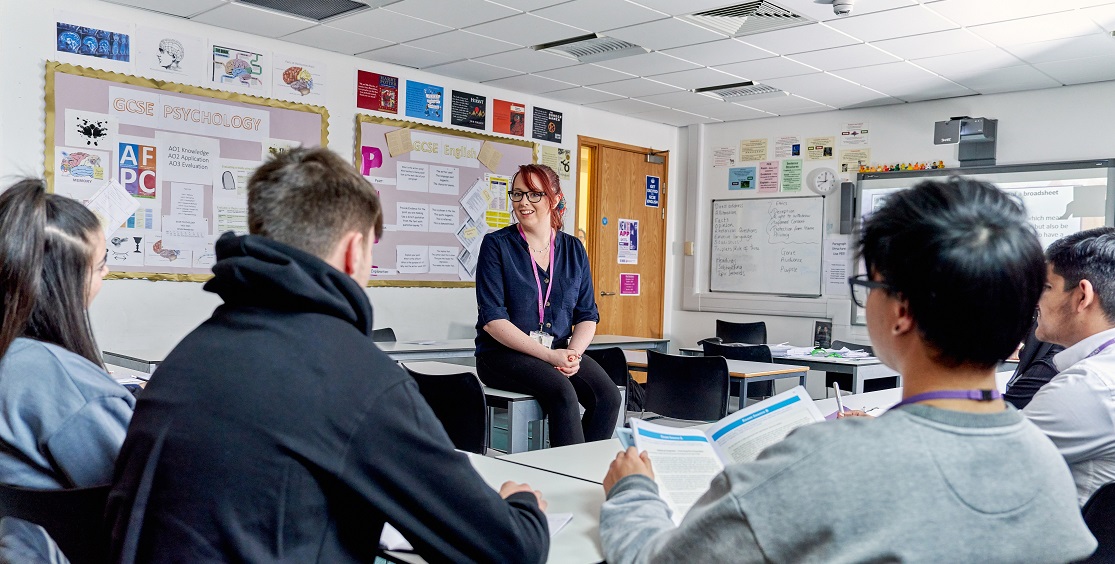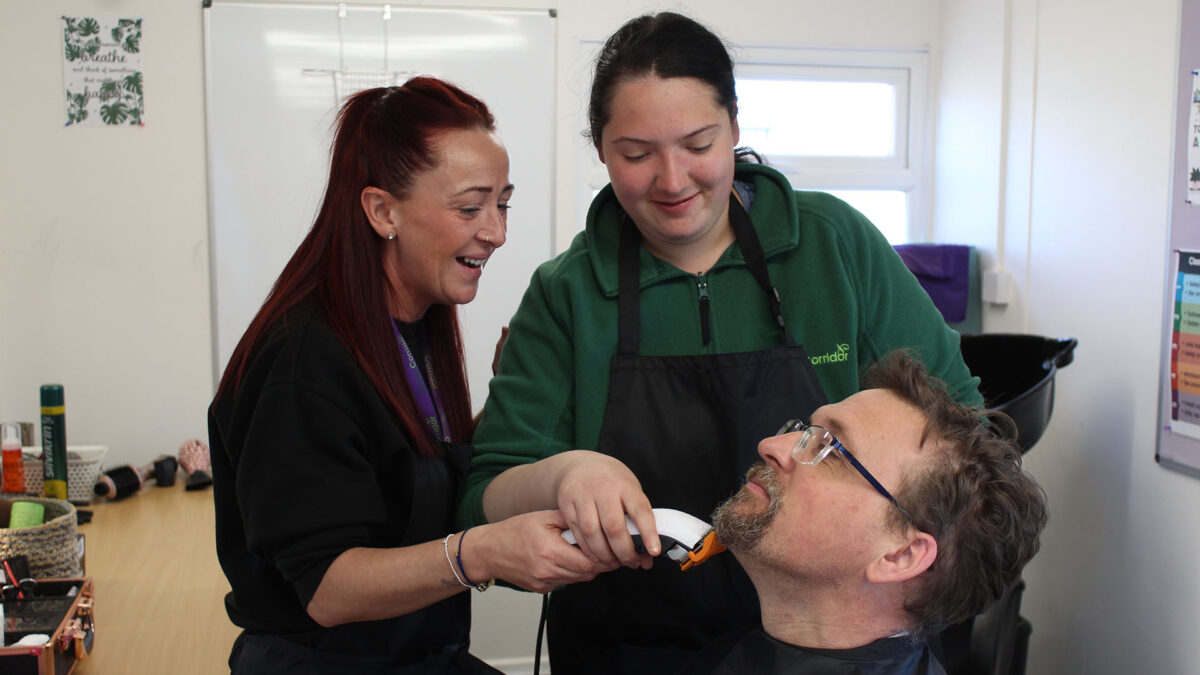More Needs To Be Done To Encourage Women To Join The Tech Industries

Professor Nicola Wilkin outlines the importance of attracting a greater gender diversity in the technology industry and how businesses and educational institutions can help bridge the gap:
While the number of women working within the technology industry has continued to climb over the past year, there is still a concerning gender imbalance in the industry, magnified even further when we look at representation of women of colour and women from disadvantaged economic backgrounds.
The benefits of a diverse workforce in any industry cannot be overstated, but particularly in STEM sectors where female voices are often underrepresented. Despite a growing awareness of the need to bridge the gender recruitment gap in the tech sector, and a steady rise in women working in the industry (currently 31% in the UK), there is still an alarming absence of women of colour in technology roles. For example, Black women only made up 0.7% of IT positions in 2020, according to a recent BCS’ study based on Office for National Statistics (ONS) employment data.
The startling statistics of inequality don’t stop there. According to the Women Tech Network, 34% of STEM graduates are women but only 5% of tech start-ups are female founded. Furthermore, almost half (46%) of women in the technology sector have reported experiencing sexism and discrimination first-hand.
Whilst there’s no single route to solving this complex and nuanced issue, we believe that access to education can lay the foundation for real change. PwC research discovered that only 3% of school-age girls wish to pursue a career in tech as their first choice, despite the fact that girls engaging with and thriving in STEM subjects at school is significantly higher.
Lack of prominent female role models and the perception that the industry is unwelcoming for women have been found to be major stumbling blocks that deter women from pursuing their passion or realising their potential. By encouraging both school-aged girls and women looking to change their careers to consider STEM subjects will contribute to challenging stereotypes and inspiring a future generation of female tech professionals.
At the University of Birmingham, we are committed to empowering students, helping them turn ingenuity into reality.

In 2019 we launched 24-week part-time intensive Coding and Data Analytics Boot Camps to help mitigate the diversity challenges the industry is currently facing.
Our Boot Camps equip learners with the skills they need to advance their careers. Throughout the course they are given personalised academic and career support. On completion they are awarded a certificate from the University of Birmingham, the prestige of the institution and its reputation for high quality education helping the graduates stand out from the crowd.
Alongside this, we have partnered with the West Midlands Combined Authority Digital Skills Training Fund to offer a ‘Women in Tech’ scholarship which will see eligible applicants receive £4,000 towards their course fees and provided with mentoring and careers support throughout their journey.
Partnering with employers as we tackle the gender gap is also hugely important. We work with some of the world’s leading companies and have helped our alumni secure roles with Gymshark, HSBC and PwC to name a few. A simple, but effective way, for employers to reinforce their commitment to diversity is to showcase their female employees via interviews, case studies and blogs.
We’re actively working to create a more dynamic and diverse workforce in the UK by offering flexible educational models that help our students achieve a learn-life balance. For example, our Boot Camp learners can fit on-campus or online study around their home and employment responsibilities making it ideal for women who want to upskill or change their careers completely to pursue a job in tech.
Professor Nicola Wilkin, Director of Education at the College of Engineering and Physical Sciences, University of Birmingham











Responses